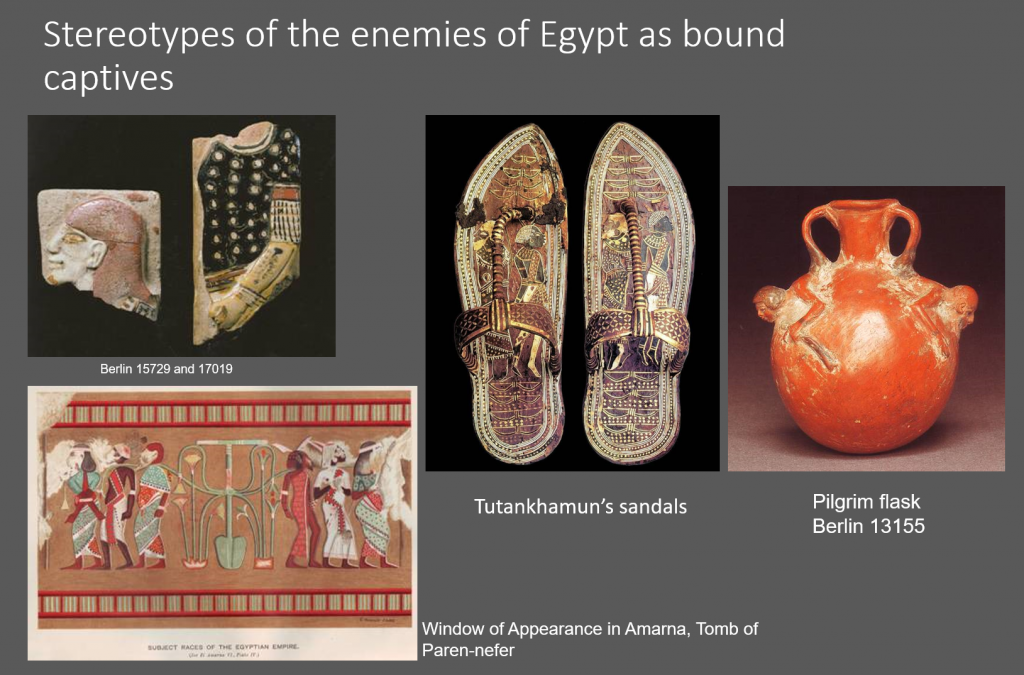Just one week ago, I closed the very successful 2021 season of the LMU Ankh-Hor project and finished my last tasks of the pottery study for the South Asasif Conservation Project. It has been 5 amazing and intriguing weeks in Luxor, and it was great to be back in the field, especially because it was the first time since the covid-19 crisis.
This week, the winter term at LMU has started and I am also busy preparing a short field trip to Sudan in November. In respect of teaching, I will continue to combine aspects of my current research in Egypt and Sudan with classes for both undergraduates and graduates. There are two personal highlights in my classes this winter term – one seminar focuses on the First Cataract area where I have been working since 1997 and here in particular on the role of the region as link between the Lower and Middle Nile. We will discuss cultural contacts over 5 millennia and complex two-ways of interactions which is very much in line with both my previous AcrossBorders project and the current DiverseNile project.
The second highlight is a seminar I will be co-teaching with Rennan Lemos. Under the title “Egyptian History: Colonial Narratives on Ancient Egypt” we will explore particular topics in the archaeology of colonialism in northeast Africa, with a special focus on Egypt and Nubia. Among others, we will discuss case studies like the question of power of colonial centres during the New Kingdom and the formation of „peripheries“ in colonised Nubia. Particular attention will be paid to the role of objects and material culture and how these shaped colonial interactions; but we will also discuss how the remnants of colonial discourses characterised earlier scholarship about ancient Egypt and Sudan.

Both Rennan and me are very much looking forward to this seminar which will offer the students fresh insights from our ongoing research about cultural diversity in the Middle Nile and will provide us, without doubt, with much food for thought. We believe that the new method of contact space biography I introduced for DiverseNile will reveal an alternative narrative regarding colonial Nubia, stressing the importance of social practices, communities, and the subsistence strategies of marginal regions in Egyptian and Sudanese archaeology. Discussing these points with a group of students will undoubtedly be an enrichment.
Although it is still partly difficult to adapt from the splendid atmosphere of the Theban Westbank and from a dig schedule to Munich and Vienna and the daily routine in the office/home-office, this winter and our teaching term promise much input for all of us! Looking much forward to the feedback from our participants.
